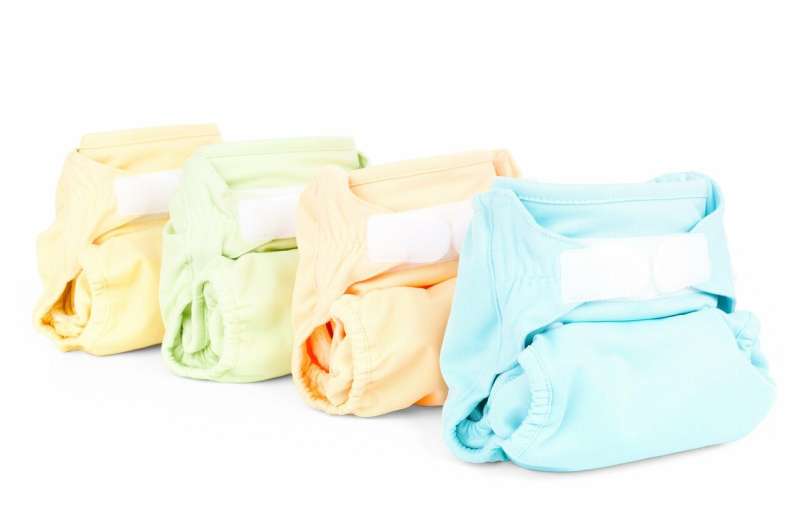Adult incontinence products cause more waste than baby diapers

Joint research has found adult incontinence products are a far bigger waste problem than baby diapers, and with an aging population, the situation will get worse in the next decade.
A study involving The University of Queensland and Southern Cross University has found waste from adult incontinence products will outnumber infant diapers between 4 and 10 times by 2030, and researchers are calling for a multi-pronged approach for better waste management.
Co-author Professor Kate O’Brien from UQ’s School of Chemical Engineering has been investigating the environmental lifecycle of baby diapers for more than a decade.
“There’s lots of discussion about the environmental impact of babies’ nappies, but our study shows that adult absorbent hygiene products presents a larger and faster growing waste issue,” Professor O’Brien said.
“This study is about opening-up the conversation to how we can better manage waste and consider other solutions going forward.”
In Australia, most used disposable diapers are sent to landfill, producing greenhouse gases and leachate (water) emissions.
The research showed that while the waste from infant diapers will likely remain constant over the next decade, the waste from adult products will increase.
Lead author and Southern Cross University environmental engineer Dr. Emma Thompson Brewster said while more absorbent hygiene products (AHP) brands were presenting environmental-friendly marketing in Australia, all were sidestepping the elephant in the room.
“The burden on parents to choose the ‘best’ nappy product for their infants places unnecessary stress on many Australian parents, at a time while they are already experiencing the many stresses of raising small children,” Dr. Thompson Brewster said.
“Used adult absorbent hygiene products receive far less public attention, but have comparable or greater impact on our community health, environmental health and taxpayers.
“This is due to the nation’s aging population and associated age-related health conditions.
“While our expertise is on the waste management side of the problem, the trend highlights the heavily stigmatized issue of incontinence in the over-65 years population, which may have better solutions related to improved access to medical treatment like physiotherapy.”
The research recommends reducing stigma around adult incontinence and increasing access to health services, creating affordable and accessible biodegradable AHP products for infants and adults, and designing policies, systems and infrastructure to divert used AHP waste from landfill and into resource recovery processes.
The research is published in Waste Management.
Vanuatu to give disposable diapers the flush
Emma Thompson Brewster et al, Adult incontinence products are a larger and faster growing waste issue than disposable infant nappies (diapers) in Australia, Waste Management (2022). DOI: 10.1016/j.wasman.2022.07.038
Citation:
Adult incontinence products cause more waste than baby diapers (2022, October 20)
retrieved 20 October 2022
from https://phys.org/news/2022-10-adult-incontinence-products-baby-diapers.html
This document is subject to copyright. Apart from any fair dealing for the purpose of private study or research, no
part may be reproduced without the written permission. The content is provided for information purposes only.
For all the latest Science News Click Here
For the latest news and updates, follow us on Google News.

